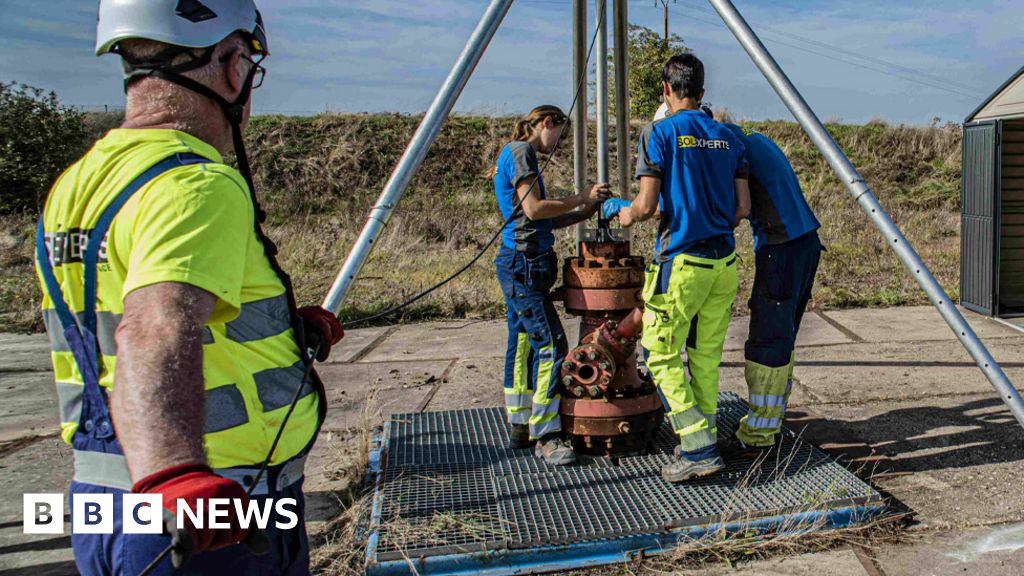Remote Work Culture: Lessons from Countries That Mastered It Early
When the pandemic forced much of the world into remote work, many businesses scrambled to adopt policies, tools, and cultural shifts that could support employees outside the office. But for some countries, this wasn’t new territory. They had already experimented with flexible work arrangements, digital infrastructure, and employee well-being programs long before 2020.
Now, as remote and hybrid models become permanent in many industries, the world is looking to these early adopters for guidance. What lessons can we learn from countries that mastered remote work culture ahead of the curve?
Northern Europe: Flexibility and Trust
Scandinavian countries like Sweden, Denmark, and Finland have long emphasized work-life balance. Even before the pandemic, flexible hours and telecommuting were common in these countries, backed by strong labor protections and cultural norms that value efficiency over “face time.”
- Key lesson: Trust employees to deliver results rather than measuring hours. Scandinavian firms rely on clear goals and outcomes rather than micromanagement.
- Result: Employees report higher job satisfaction and productivity, with reduced burnout compared to peers in more rigid systems.
Estonia: Digital by Design
Estonia, often called the world’s most advanced digital society, was uniquely prepared for remote work. The country invested heavily in e-government and digital services after regaining independence in the 1990s. By the time remote work became global, Estonians were already using secure online IDs, digital signatures, and cloud-based systems for everyday life.
- Key lesson: Invest in digital infrastructure early. Seamless online tools reduce friction for both businesses and employees.
- Result: Estonia’s model shows how a national digital ecosystem can support remote-first economies, making everything from tax filing to contract signing possible from anywhere.
Japan: Balancing Tradition and Innovation
Japan historically favored long office hours and physical presence, but some sectors began experimenting with remote work after the 2011 earthquake and tsunami disrupted business continuity. By 2020, those experiments accelerated, and companies learned to adapt quickly.
- Key lesson: Crises can be catalysts for cultural change. Organizations that blend traditional practices (like respect for hierarchy) with digital solutions can pivot effectively.
- Result: Japan now promotes “work style reform,” encouraging remote work to reduce commuter stress and open opportunities for women and rural workers.
United States: Tech-Driven Innovation
The U.S. wasn’t an early adopter nationwide, but its tech hubs—like Silicon Valley—pioneered distributed teams and global collaboration well before 2020. Startups normalized tools like Slack, Zoom, and Asana, and many large companies followed suit.
- Key lesson: Leverage technology not just for communication, but for collaboration and culture-building. Virtual happy hours, town halls, and recognition programs matter as much as video meetings.
- Result: American companies now serve as global case studies in scaling remote work tech and hybrid policies.
India: Remote Work at Scale
India faced a unique challenge: how to adapt millions of IT and service workers to remote environments almost overnight. Companies leaned on their already-robust outsourcing infrastructure, moving laptops and routers to workers’ homes. Despite initial hurdles like power cuts and internet gaps, India demonstrated resilience.
- Key lesson: Remote work can succeed even in countries with uneven infrastructure if companies provide strong logistical support.
- Result: The shift revealed potential for smaller cities to contribute to global IT services, decentralizing opportunities from major hubs like Bangalore.
What Businesses Can Learn
Looking at these examples, a few universal lessons stand out:
- Trust and Autonomy: Productivity comes from clear goals, not surveillance.
- Digital Infrastructure: National or corporate investment in tech tools pays off.
- Cultural Adaptation: Remote work policies must reflect local traditions and expectations.
- Well-Being Focus: Burnout is real; flexibility must include mental health support.
The Future of Remote Work
Remote work is no longer a “perk”—it’s a core feature of modern business. The countries that mastered it early show us that it’s not just about where employees sit, but about rethinking culture, trust, and systems.
As companies refine their hybrid models, those lessons will continue to shape policies worldwide. The global workforce is becoming more distributed, and the winners will be those who balance technology, flexibility, and human connection.
The office is no longer the default. The future belongs to those who recognize that work is what you do—not where you go.







